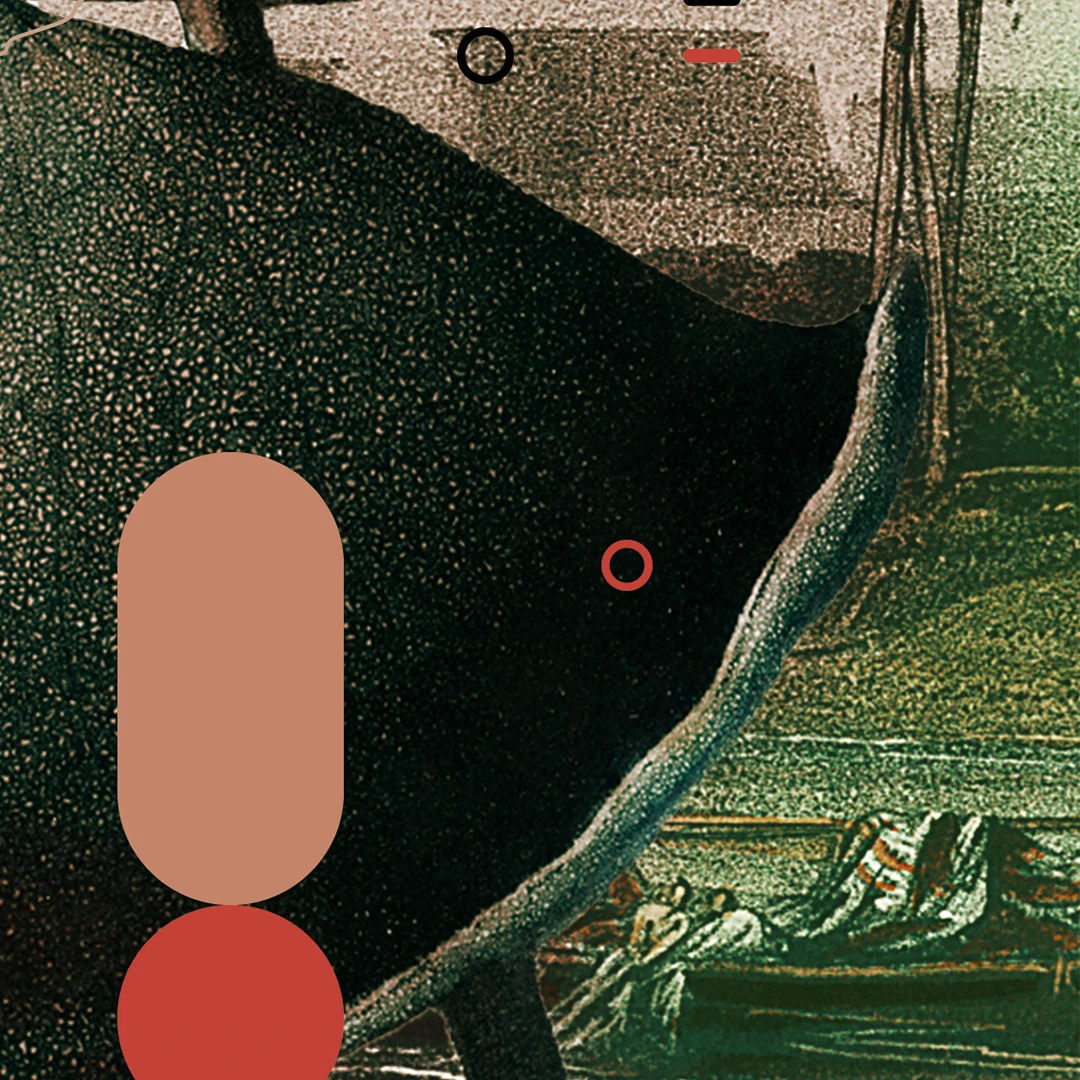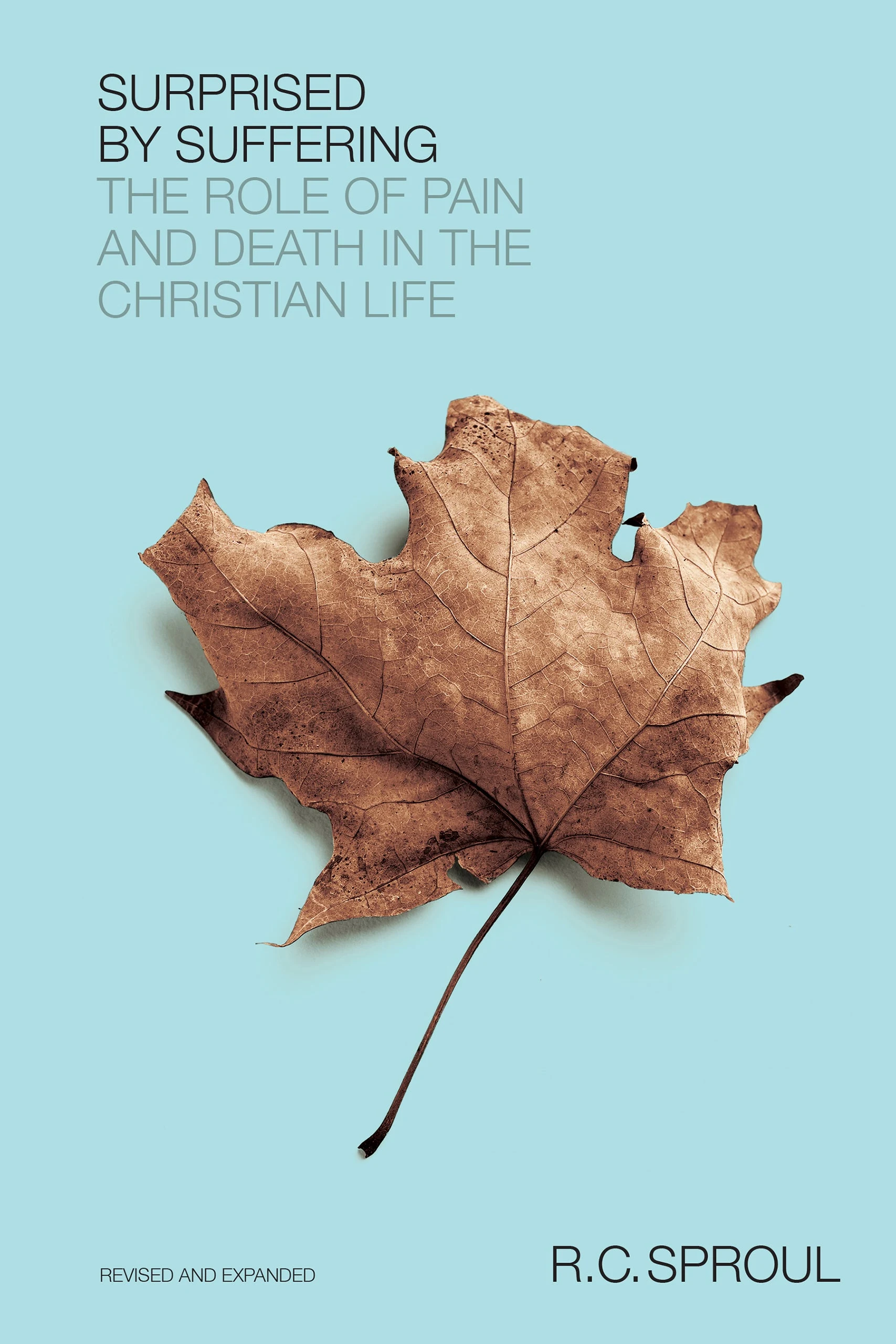From Hard Pressed to Hope

Christians are those who have faith in Christ. We all aspire to possess a faith that is strong and enduring. The reality, however, is that faith is not a constant thing. Our faith wavers between moments of supreme exultation and trying times that push us to the rim of despair. Doubt flashes danger lights at us and threatens our peace. Rare is the saint who has a tranquil spirit in all seasons.
Suffering is one of the most significant challenges to any believer’s faith. When pain, grief, persecution, or other forms of suffering strike, we find ourselves caught off guard, confused, and full of questions. Suffering can strain faith to the limits.
Paul wrote poignantly about his own struggles in times of distress:
We are hard pressed on every side, yet not crushed; we are perplexed, but not in despair; persecuted, but not forsaken; struck down, but not destroyed—always carrying about in the body the dying of the Lord Jesus, that the life of Jesus also may be manifested in our body. (2 Cor. 4:8–10)
The Apostle said he was “hard pressed on every side, yet not crushed.” He made no attempt to mask his pain in a fraudulent piety. The Christian is not a Stoic. Neither does he flee into a fantasy world that denies the reality of suffering. Paul freely admitted the pressure he experienced.
We all know what it means to be hard pressed. We use the word pressure to describe tense moments in our lives. Troubles in our jobs, troubles in our marriages, and troubles in our relationships can mount up and attack our spirits. If we add the tragic death of a loved one or the difficulty of a prolonged illness to these daily pressures, we feel the pain of being hard pressed all the more.
To be hard pressed is to feel as if we are used automobiles that have been consigned to the junk heap and put in a metal compactor. To be hard pressed is to feel a massive weight that threatens to crush us.
When we experience severe heartbreak, we may be inclined to say, “I’m crushed.” But this is hyperbole. We may feel crushed; we may even come close to being crushed. But the bold declaration of the apostle is that we are not crushed.
We speak of “the straw that breaks the camel’s back.” I once heard this expression used while attending a Weight Watchers gathering. At the initial meeting for orientation, everyone was given several items, including a food guide, a daily chart for recording what we consumed, an exercise booklet, and a drinking straw. As we neared the end of the meeting and the instructions for the program were completed, the instructor asked, “What made you decide to join Weight Watchers?” Several members of the group volunteered answers. Each person had a different reason: some had seen themselves in recent photographs and couldn’t stand the sight; some had had to purchase clothes one size larger; and some had been told by their doctors to lose weight. After this discussion, the instructor held up a drinking straw. “This is your last straw,” she said. “This straw represents the reason you decided to join the program. Take it home and put it in a prominent position. Tape it to the refrigerator. When you falter in your desire to lose weight, look at it. Let it serve to remind you of why you are here.”
I doubt a camel’s back has ever been broken by a drinking straw. The metaphor had its origin in the Middle East, where camels are still used as beasts of burden. The camel is expected to carry straw that is harvested. There is a limit to how much straw a camel can carry. Every camel’s back has a breaking point. The difference between a tolerable burden and one that crushes may be a single piece of straw.
I don’t know how much straw a camel can carry. I don’t know how heavy a burden I can carry. We all have a tendency, however, to suppose that we can carry far less than we actually can.
“My Burden Is Light”
There have been times in my life when I have uttered foolish prayers. When I have been hard pressed, I have cried out to God: “This much and no more, Lord. I can’t handle another setback. One more straw and I’m finished.” It seems that every time I pray like that God puts a fresh load on my back. It is as if He answers my prayer by saying, “Don’t tell Me how much you can bear.”
To suffer without the comfort of God is no virtue. To lean upon His comfort is no vice.
God knows our limits far better than we do. In one respect, we are very much like camels. When the camel’s load is heavy, he doesn’t ask his master for more weight. His knees get a bit wobbly and he groans beneath the burden, but he can take on more before his back will break. The promise of God is not that He will never give us more weight than we want to carry. The promise of God is that He will never put more on us than we can bear.
Note that Paul did not say, “We are lightly pressed on every side.” He said that we are hard pressed. At first glance, these words seem in direct conflict with the promises of Christ. Jesus said: “Come to Me, all you who labor and are heavy laden, and I will give you rest. Take My yoke upon you and learn from Me, for I am gentle and lowly in heart, and you will find rest for your souls. For My yoke is easy and My burden is light” (Matt. 11:28–30).
It does not always seem to me that the burden Christ gives us is light. With these words, it almost seems as if Jesus approaches us under false pretenses. But His words are true. He does give rest to those who are heavy laden. The words easy and light are relative terms. Easy is relative to a standard of difficulty. Light is relative to a standard of heaviness. What is difficult to bear without Christ is made far more bearable with Christ. What is a heavy burden to carry alone becomes a far lighter burden to carry with His help.
It is precisely the presence and help of Christ in times of suffering that makes it possible for us to stand up under pressure. It was because of Christ that Paul could triumphantly declare that though he was hard pressed, he was not crushed. We may feel like junked automobiles in a metal compactor, but Christ stands as a shield to prevent the pressure that comes upon us from crushing us entirely.
To suffer without Christ is to risk being totally and completely crushed. I’ve often wondered how people cope with the trials of life without the strength found in Him. His presence and comfort are so vital that I’m not surprised when unbelievers accuse Christians of using religion as a crutch. We remember Karl Marx’s charge that “religion is the opiate of the people.” He was referring to opium, a narcotic used for dulling the effects of pain. Others have charged that religion is a bromide used by the weak in times of trouble.
Several years ago, I had knee surgery. During my recuperation, I used crutches. I used them because I needed them. Likewise, years earlier I was in the hospital for another operation. After surgery, I was given painkilling drugs every four hours. I recall watching the clock during the fourth hour, eagerly awaiting the moment when I could push the call button for the nurse to get another dose. I was grateful for the painkillers, just as I was grateful for my crutches years later.
I am far more grateful for Christ. It is no shame to call on Him for help in times of trouble. It is His delight to minister to us in our time of pain. There is no scandal in the mercy of God to the afflicted. He is like a Father who pities His children and moves to comfort them when they are hurting. To suffer without the comfort of God is no virtue. To lean upon His comfort is no vice, contrary to Marx.


